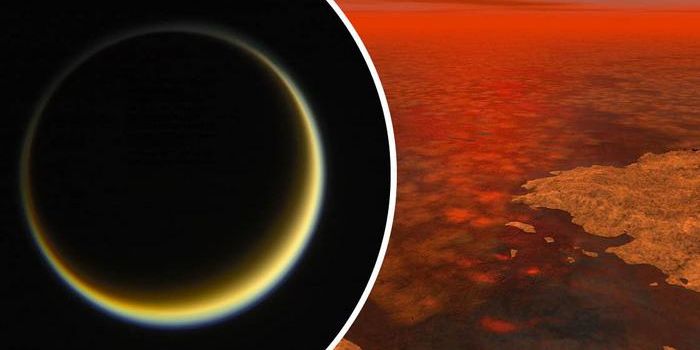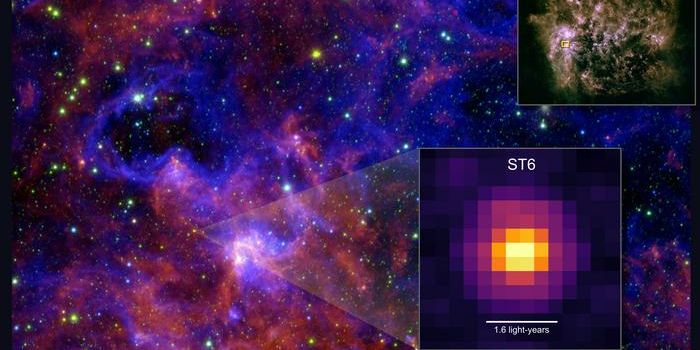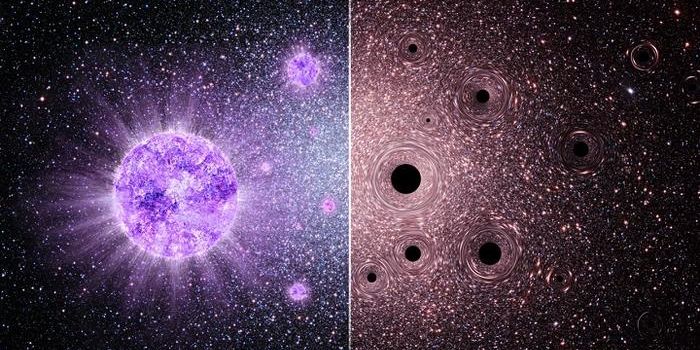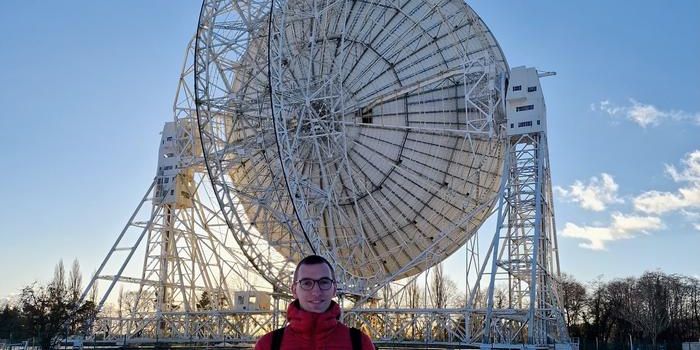Planetary Scientists Want to Explore Venus Again
Space agencies from around the globe have sent a plethora of spacecraft to Venus over the past several decades in an attempt to better understand one of our closest planetary neighbors in the solar system. Some spacecraft flew directly into Venus’ atmosphere to land on the surface and study its geology, while others merely orbited the planet from space to probe its atmosphere; unfortunately, many of those missions either failed or didn’t last long.
Some of humankind’s best Venusian-centric data came by way of NASA’s retired Magellan mission, the ESA’s Venus Express mission, and JAXA’s Akatsuki mission. Other missions have also contributed to the growing data pool, but many didn’t survive long enough to tell the tale because of Venus’ harsh environmental circumstances.
Given the limited data we possess about Venus today, it shouldn’t come as much of a surprise that planetary scientists want to go back and continue scientific exploration; after all, technology has come a long way over the years, and newer missions could last longer and teach us more about the planet’s characteristics and internal mechanisms.
Many of these thoughts and aspirations were shared at the 50th Lunar and Planetary Science Conference in The Woodlands, Texas last week. Scientists took the stage to elucidate just how little we actually know about Venus and to argue that the planet could be more geologically active than initially thought. Whether that’s true or not remains to be seen, but we won’t know for sure until we further probe the planet.
Related: Did Venus ever have oceans?
Despite transforming into a hellishly-hot world with a mean surface temperature of more than 462º Celsius (864º Fahrenheit), scientists think that Venus once started much like the Earth and later diverged into the desolate wasteland that it is today. Some scientists even believe that Venus harbored vast oceans for more than a billion years before warming up so quickly, but scientists still don’t fully understand how or why things happened how they did.
Scientists also appear to have varying opinions regarding Venus’ tectonic activity. While many believe that the planet doesn’t exhibit plate tectonics at all, surface images captured and sent back to Earth by the Soviet Union’s Venera 13 spacecraft have revealed that features consistent with tectonic activity on Earth are also present on Venus, including ridges and faults.
It’s unknown if Venus exhibits the same type of tectonic activity we see here on Earth or if another force is at work, but assuming the latter is true, then it’s possible that Venus could be what’s referred to as a ‘toffee planet.’ This terminology refers to the thickness of a planet’s lithosphere, and as Dr. Paul K Byrne explains, flowing magma beneath the planet’s surface could influence the planet’s lithosphere and result in the geological surface featured that have been observed previously.
The best way to validate these theories is to physically land a radar-equipped spacecraft to Venus’ surface to perform sub-surface investigations. From the data we accumulate from such a mission, we could learn more about what’s really happening.
Related: Cloud activity on Venus' night side baffles astronomers
Venus is still the incredibly hot world that it was 50 years ago, so many challenges concerning spacecraft reliability remain. On the other hand, recent advancements in technology might help space agencies to produce more durable spacecraft that will last longer and gather more data than any launched before them.
Given just how many Venusian missions have been proposed in recent memory, such as EnVision, it should be interesting to see whether these questions will ever receive official answers. Then again, only time will tell.
Source: BBC









